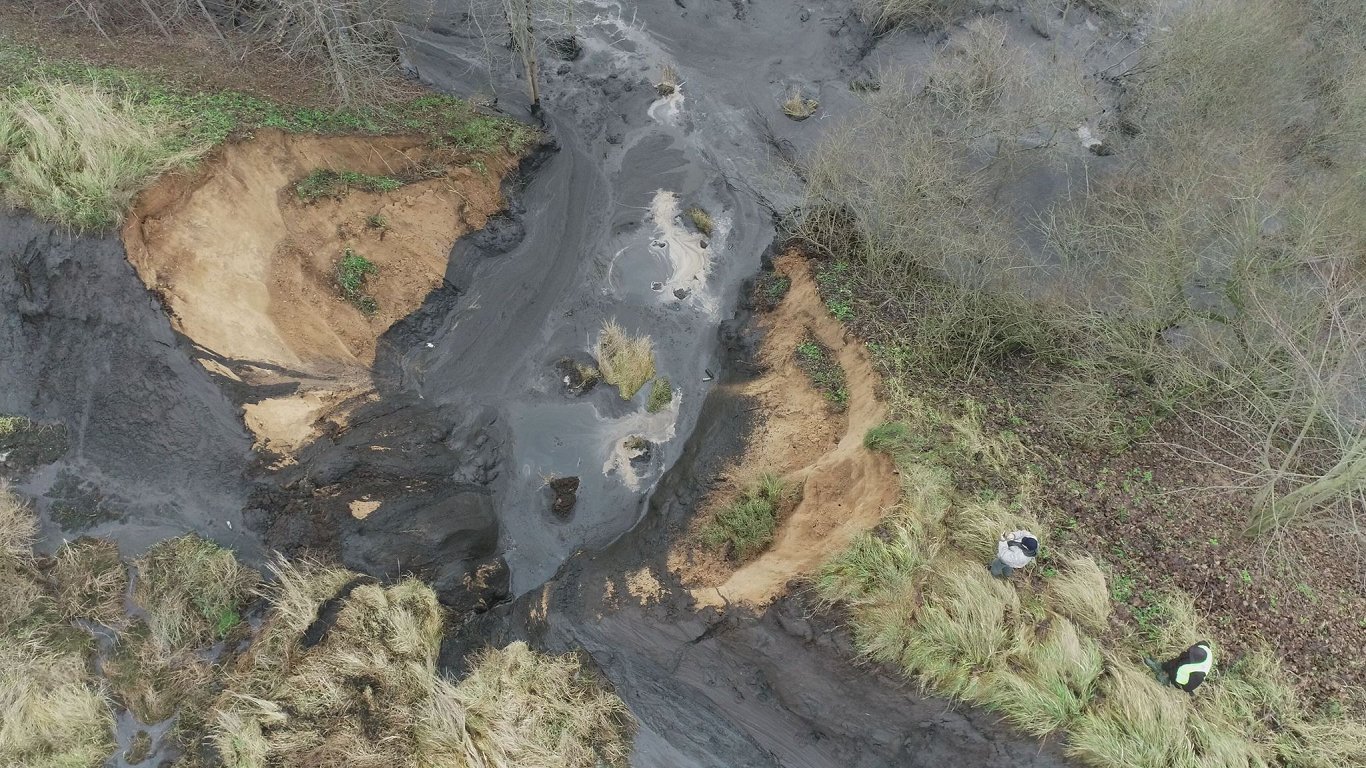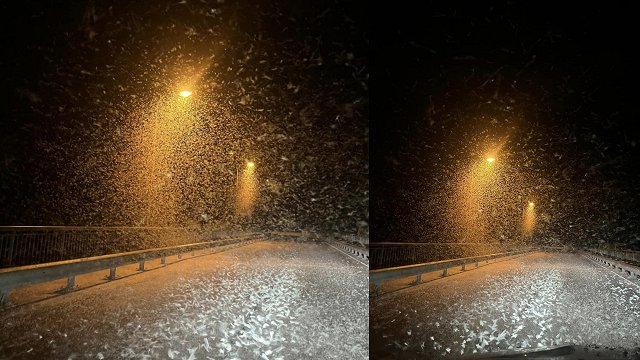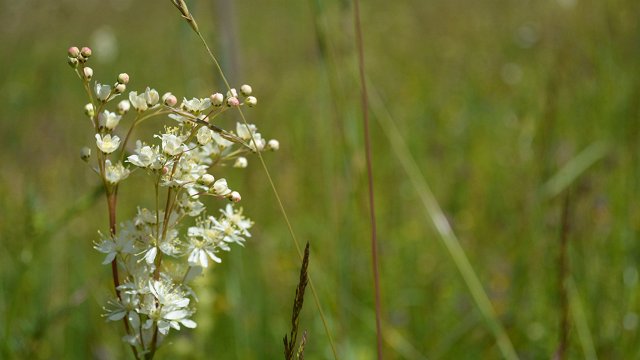“I have worked for a long time in nature conservation, and it always seemed that the European Union had a huge "brake" on all good things, but at the moment it looks like there was a voice of reason to the "big heads" that it could no longer continue,” Rotbergs said on the European Union's green deal.
However, there are negative trends in Latvia, said Ulme: "All this is done simply because [Latvia] is afraid of European penalties, or there is an opportunity for some forces to divide European money. It is a fundamental problem in protecting the environment. It appears as if we don't need anything."
Rotbergs also agreed to this statement, pointing out that environmental protection issues have become less important in Latvia over the last 30 years.
“Unfortunately, there is indeed a cover-up with Europe in our reasoning. Nature protection is not part of public policy, development,” said Rotbergs.
“If we remember there was eco-nationalism 30 years ago – let us not build the hydro-electric stations, we will safeguard Daugava. Interest groups have now built up, which are very happy to benefit at the expense of society or postpone [the work] to future generations, because all the pollution we create is a problem sent to someone else,” Rotbergs added.
At the same time, looking ahead to next year, there are also positive features. "There are glimmers of hope, stepping stones that can lead to change. In my field, it would be the plastic strategy with the deposit system in Latvia," Ulme said mentioned the example. He also said that changes to environmental protection can bring interested communities and future generations to the fore.
Rotbergs added that the importance of environmental issues to society will also be seen in next year's parliamentary elections.































